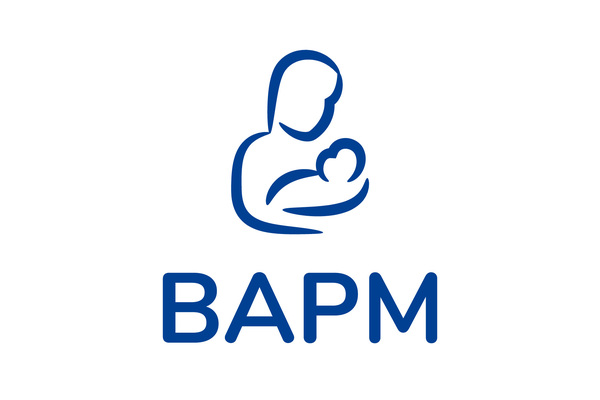The BMJ has published a paper on the impact of the BAPM Extreme Prematurity framework on survival for babies born at 22-weeks’ gestation in England and Wales.
Written by colleagues from the MBRRACE-UK Perinatal Surveillance Group and Imperial College London, the paper found that the change in national guidance to recommend a risk-based approach to care was associated with a three-fold increase in 22 weeks’ gestation babies receiving survival-focused care.
The study measured the percentages of babies provided survival-focused care (active respiratory support following birth), admitted to neonatal care and surviving to discharge in 2018-2019 and 2020-2021. The results show that in 2020-21, for the 1001 babies alive at the onset of labour at 22 weeks’ gestation there was a three-fourfold increase in each of: survival-focused care provision (from 11% to 38%): admissions to neonatal units (from 7% to 28%) and survival to discharge from neonatal care from (2.5% to 8.2%). More babies of lower birthweight and early gestational age received survival-focused care in 2020-2021 than 2018-2019.
Dr Helen Mactier chaired the working group that published the framework in 2019. Dr Mactier said: “The revised BAPM Framework for Practice for the management of extreme preterm birth before 27 weeks of gestation was a consensus document based on widespread national consultation and expert opinion as well as published evidence available at the time.
"Management of babies born at these extremely preterm gestations is one of the most challenging tasks facing perinatal practitioners and will continue to develop as we better understand how best to care for such tiny babies and their families. It is crucial that families across the country facing the possibility of extreme preterm birth are offered consistent advice in an appropriate and caring environment, and that we continue to review our practice based on accurate data around outcomes.”
Read BMJ article



